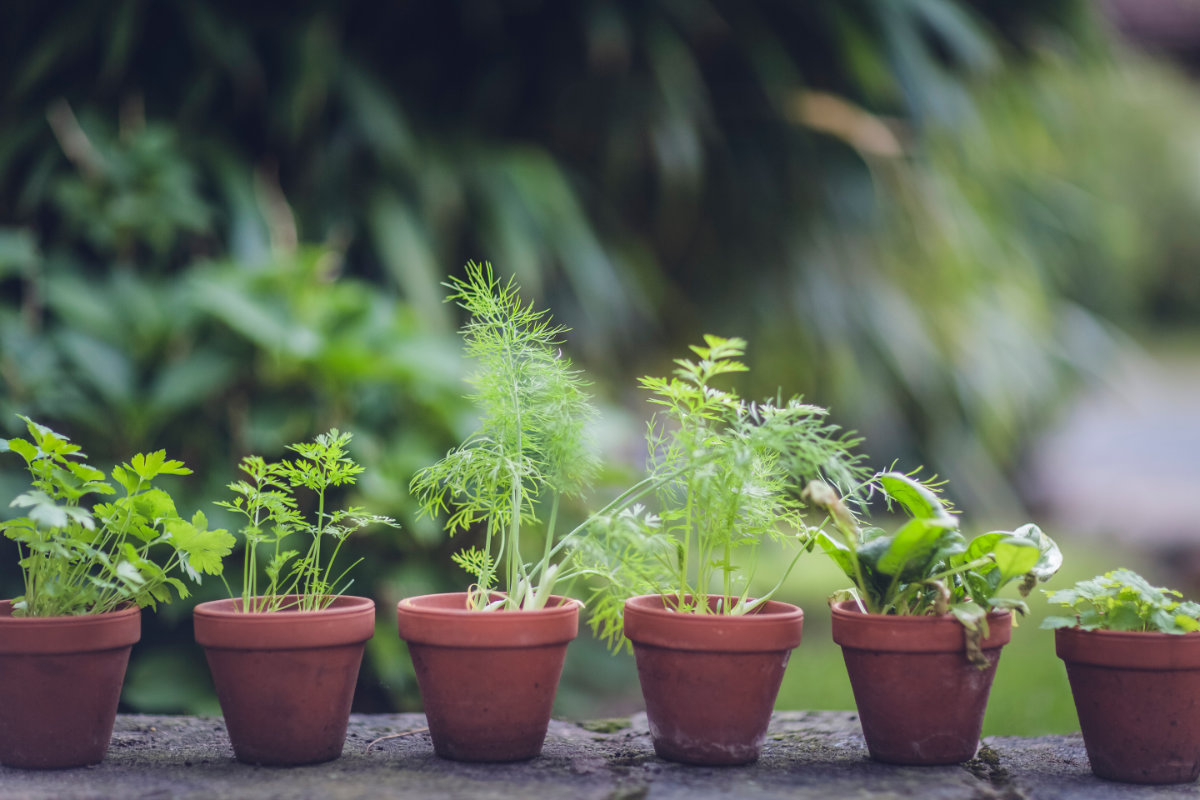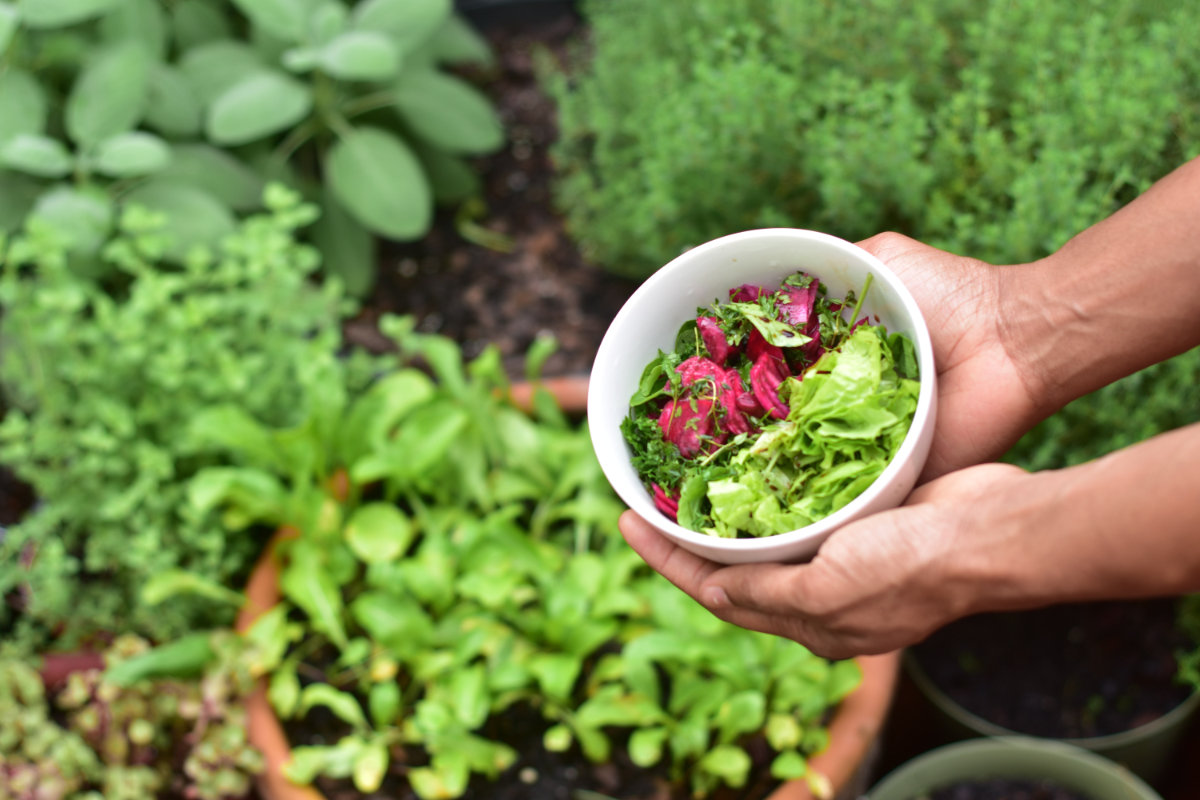How To: Get Started with an Organic Garden


Curious how to start an organic garden? Are you new to organic gardening? With a shift towards understanding how organically grown fruits and vegetable can benefit not just our bodies but our environment too, gardening organically has become a wonderful way to get the fresh produce that your body needs to thrive.
Whether you are a seasoned gardener with years of dirt under your nails or you have yet to pick up a trowel, starting a new garden and new gardening method can be somewhat overwhelming for those new to organic gardening. Fear not, intrepid gardeners, organic gardening is not just easy but it can be incredibly fun too.
If you are one of those who have come to realize the many health benefits of organic food, then you are off for a good start in starting your own organic garden. Learning how to start an organic garden is easy. It does require some techniques and adequate knowledge on the important elements of growing your plants but with a good guide, you can learn it fast and easy.
Organic garden works best because as you don’t need to rely over pesticides, fertilizers, and chemicals, we all know what they can end up doing to the health of the plants. If you are also planning to create an organic garden just like me, than here is a piece of advice I wan to share with you that I got from a friend who is an expert of doing organic gardening.
Step #1: Planning
Planning Your Organic Garden is the most important step to start an organic garden and many people simply overlooked this one. If you don’t plan well, you will end up doing a lot of unnecessary stuffs. Always plan ahead.
During your planning, you must choose a location. Some guidelines in choosing a good location for your organic garden includes:
Having 6 hours of direct sunlight, Good soil drainage, Good air circulation. Not too much strong winds
Next, you must plan what crops you want to plan and then follow that plan out, dutifully.
Step #2: Soil Preparation
As an organic gardener, your soil is crucial to your success. Thus, you must test your soil with a home test kit to make sure it hits a pH value of 6.8.
Ensure your pile is fertile by adding a little compost for more nutrients. Only after your soil has reached a pH value of 6.8 and the fertile stage, then you can proceed to planting your plants.
Otherwise, they will not receive the best treatment it can get.
As you are testing and clearing the soil, always check to see if there are weeds. If there are, remove them or otherwise, once it grows, you are gonna have a hard time removing them.
Step #3: Planting
Most people would save time and buy grown plants from gardening centers and transfer to organic garden. This might not be safe as you would not know what sort of chemical fertilizers had they used. Other methods includes planting your plants indoors and growing your seeds directly in your organic garden.
It all depends on individual preference but I would recommend growing it indoors first and then transfer to your organic garden. That way, you can save time, monitor your plants perfectly and transfer to the organic garden only when it’s time.
Step #4: Controlling and Maintaining Your Garden
Here comes the most important Step that many will give up at this Step. Why? Simply because they can’t control their organic garden and it turns out to be a complete mess.
Firstly, you have to learn and develop recipes to keep pests off your garden.
Secondly, you must encourage beneficial bugs and animals into your organic garden. They will do most of the work of annihilating the pests for you. Of course, you still have to do most of the work, managing your organic garden.
Thirdly, many people find weeds a complete irritant. Many in fact, given up because their entire organic garden turned into an “organic weed garden”. Always minimize the weed growth right from the start. Otherwise, it will become disastrous.
These are the 4 simple steps that you can apply to start your organic garden. Always remember that the key to your organic success is your soil. Treat it well and it will serve you well.
Setting out to work on an organic veggie and herb garden is quite an enterprise, but can be one of the most satisfying ways to go green that there is.
The definition of organic is grown without the use of pesticides or other chemicals, but naturally.
Organically grown vegetables and herbs are safer, healthier and also taste better than those grown with the help of chemical products, plus you can save get for free what would cost you at the grocer’s.
When starting with organic vegetable and herbal gardening, you should prepare a composting box as soon as you can. Good compost is by far the best fertilizer for your garden and also acts as natural pest control. Contrarily to popular belief, your compost heap will neither smell nor look unseemly.
In fact compost will also help your garden to retain moisture, so you won’t have to water much compared to non-organic gardens. Most of your food waste can be composted as well as some animal waste, but for your first compost heap be sure not to add human or pet (cat or dog) manure to your compost as these need special treatment to eliminate some potentially nasty bacteria that you won’t want near your edible plants.
You’ll also need to source organic seeds or sprouts for your organic vegetable and herbal gardening project. In most cases, commercial seeds are not organic so you will have to make doubly sure to get the right starters.
If you can’t find them in your local area, there are plenty of places where to get them online. Online usually mean more choices and flexibility as well as the convenience of home delivery, so we recommend this method to make sure that you are starting with organic vegetable and herbal gardening the best way.
Start seeds inside the house or in a glasshouse rather than putting them directly outdoors. Seeds should be put in small containers that contain organic soil. Make sure they have plenty of light and water, but don’t overwater them as they can die easily - the soil just needs to be moist.
Once your little plants have grown two leaves, you should repot them into biodegradable pots and later bury these in your garden. You can of course also go for an indoor window garden for your herbs. These make additions to windowsills and beautify the house.
Vigorous, organic soil is fundamental for organic vegetable and herbal gardening. Like compost, good organic soil will not only grow healthier plants that taste better, but will also act as a natural pest controller. If you’ve had a non-organic garden before, it may take some time to clean the chemical laden soil, or you can dig it all out and start anew with organic soil.
Once you have some good compost, spread it over your soil. The layer should be about two inches thick. If done correctly, the compost alone will contribute all the necessary nutrients and minerals that your organic vegetable and herbal garden needs to grow and flourish.


